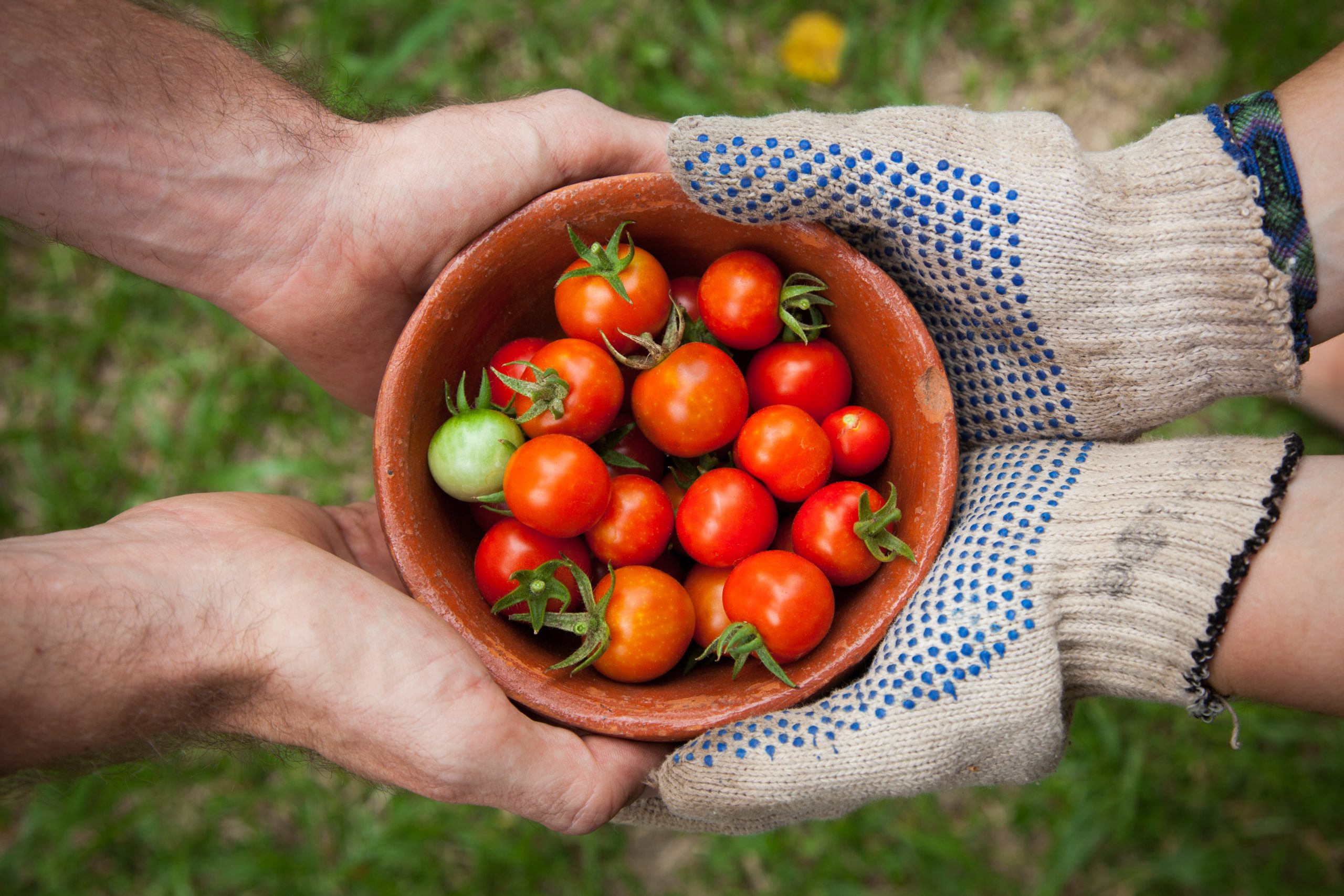How Strong is Your Generosity Habit? - Lisa E Betz

Do you admire generosity as a positive character trait? So do I, and yet I admit, my generosity habit isn’t as strong as I would like. It’s not easy to maintain a lifestyle that fits the definition of being generous: having a readiness to give more of something—such as our time, energy, money, or attention—than is strictly necessary or expected.
Why do I want to develop a habit of generosity? Because I believe in this principle from the Bible:
Someone who sows sparingly will reap sparingly as well. Someone who sows generously will reap generously.
2 Corinthians 9:6 (NTE)
This verse succinctly describes a universal truth—You reap what you sow. Therefore, if you and I want to reap a “generous harvest” (ie, if we want our efforts in any area of life to produce great results), we need to develop the habit of “sowing” generously.
I don’t think it was an accident that Paul used an agricultural metaphor to talk about generosity. All gardeners know there is a lot of waiting between planting seeds and harvesting the crop. Likewise, the principle of sowing and reaping requires a long-term outlook.
For a society used to instant results, it can be challenging to develop a generosity habit when we don’t see immediate benefits for our acts of generosity.
I run into other beliefs that interfere with my attempts to develop a generosity habit. Here are three unhelpful mindsets I’ve identified:
The frugality mindset
I was raised to value concepts like:
- Don’t be wasteful.
- Don’t spend your money frivolously or irresponsibly.
- Shop around for the best deal.
These are helpful guidelines for managing money wisely, but if we’re not careful, these frugal mindsets bleed over into stinginess. For example, with a frugal mindset, leaving a generous tip can be viewed as wasteful instead of as an opportunity to show kindness and appreciation.
Another problem with the frugal mindset is the tendency to focus on the short term, leading to actions that are “penny wise and pound foolish.”
The security mindset
Many of us think if we earn enough and build a large enough nest egg, we will be secure—ready for whatever life brings. While it’s good money management to save a portion of our income, as Christians, we are called to put our faith in God, not our savings accounts or investment portfolios.
When we view our wealth as the basis of our security, we will always struggle to give generously, because giving will feel like sacrificing our personal welfare. When we switch perspectives and rely on God and his provision, giving away our resources does not erode our security.
The strings-attached mindset
When our mindset is selfish, we will only give when we get something in return. Our generosity comes with strings attached: we expect a return favor, preferential treatment, or a better PR rating.
When we give with expectations for payback, we are not giving out of a spirit of generosity. Also, this mindset leads us to give only to those who can benefit us. I think this is why Jesus taught that we should give in secret. “Don’t let your left hand know what your right hand is doing” was the way he put it.
Why? Because it eliminates the temptation to give for the purpose of being noticed, honored, or rewarded.
How to be intentional about a generosity habit
We all have mindsets like the ones above that clash with our ability to give as cheerfully and generously as we would like.
Fortunately, we can begin to overcome those old, unhelpful mindsets by making personal declarations that help us rewire our brains and strengthen newer, healthier thinking patterns.
Here are some examples of declarations I use to develop my generosity habit. You can borrow mine or make your own, but I highly recommend repeating them often, out loud. This is how we renew our minds and transform our lives.
God will meet all my need according to the riches of His glory. I am at peace, content, and full of joy because God is my all-sufficient provider and my loving Father who knows what I need.
When I give cheerfully, God promises to bless me abundantly so that in ALL things, at ALL times, having ALL I need, I can abound in every good work.
When I sow generously, I can count on God to provide a good harvest in the fullness of time. He can do far more abundantly than I can ask or imagine, according to his great power and the riches of his glory.





